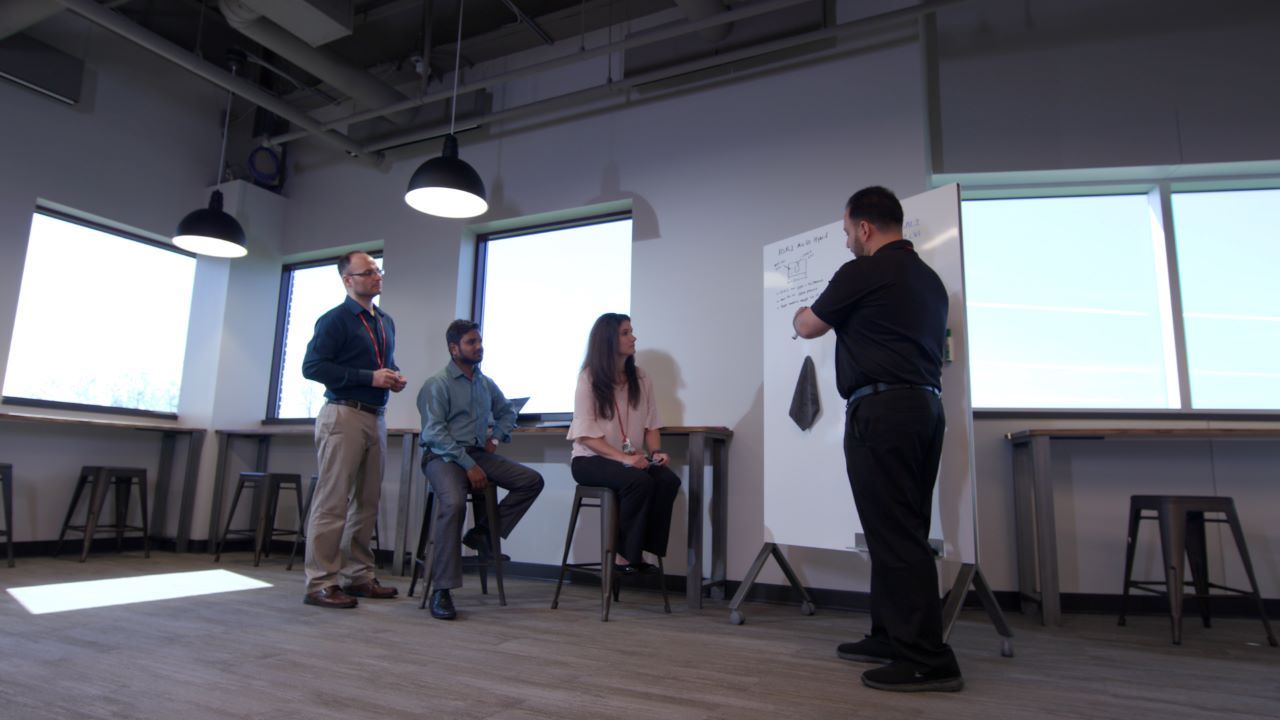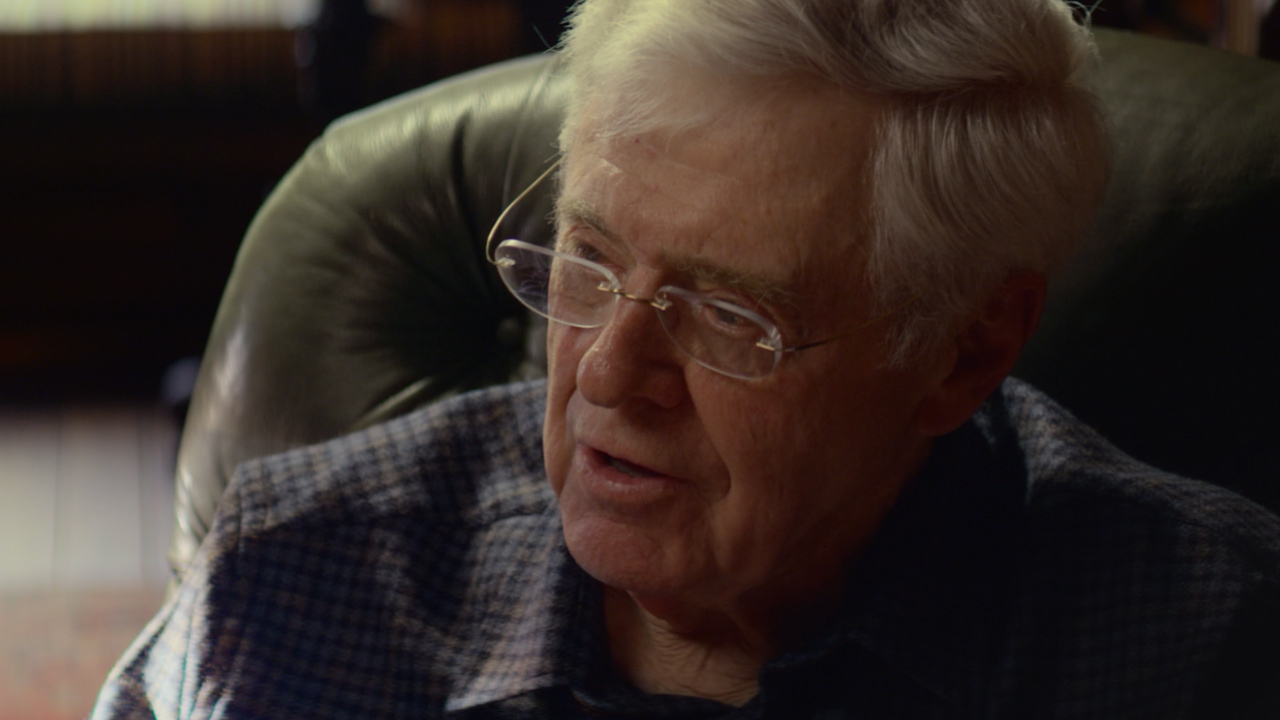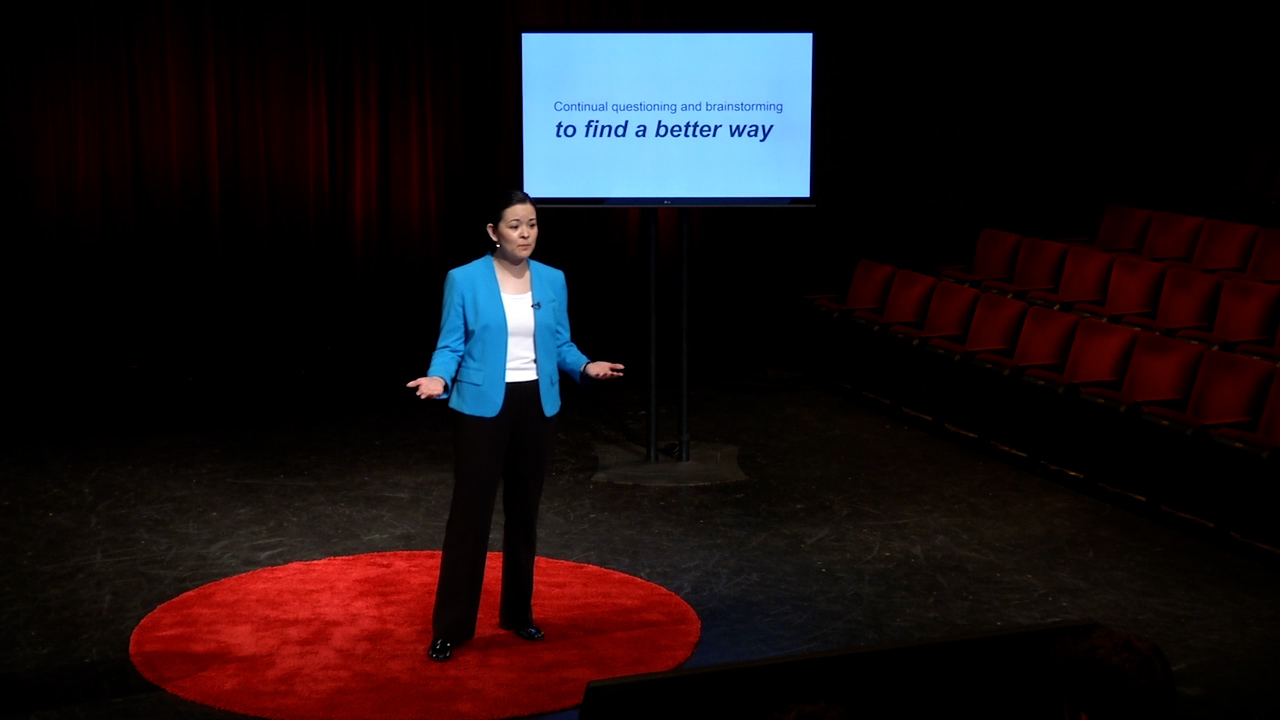Principio en resumen
Our approach to challenge utilizes Karl Popper’s view of the scientific method which he called “Science as Falsification”: After developing a theory, strive to disprove or find flaws in it, rather than trying to defend or justify it. As Popper said: “Every genuine test of a theory is an attempt to falsify it, or to refute it. It is easy to obtain confirmations, or verifications, for nearly every theory – if we look for confirmations.”
Truth is not what an expert or someone in the hierarchy declares is true. Truth is what stands the tests of evidence and criticism. To discover the truth, we encourage challenge – continual questioning and brainstorming to find a better way. Challenge is an opportunity to learn, not a chance to kill another person’s idea or show off.
A quality challenge requires having the courage and willingness to respectfully question anyone’s (especially leaders’) decisions, actions, proposals or ideas. Challengers need to participate with intellectual honesty in the spirit of constructive improvement and solutions, rather than opposing something because it was “not invented here.” They also need to make clear that they are challenging the idea, not the person.
A challenge process is essential for important decisions. This may occur at a formal meeting where people with different aptitudes and expertise — those with knowledge about the key drivers of success — discuss, brainstorm and improve outcomes. But knowledge sharing and challenge can and should also happen in informal settings, such as one-on-one discussions, casual conversations or small group meetings.
To drive creative destruction internally, nothing and no one can be immune to challenge. Supervisors at every level must help foster an open environment that invites challenge and embraces change. They can solicit challenge by asking open-ended questions such as “What are we missing here?” or “Is there a better way to do this?” or “What is possible if we fully applied our principles?”
If you find that your views are rarely challenged, perhaps you are giving the impression that challenge is not welcome. No matter your role in the company, you are obligated to actively seek knowledge and alternative points of view and to proactively share your knowledge and challenge so others can benefit. Doing so helps make challenge a normal and natural way of working, which is vital to our long-term success.
Entiéndelo mejor
Ejemplos
Podemos aprender de los ejemplos en los que los principios se aplican bien, se aplican mal o no se aplican en absoluto.
- Desafío de la oferta
- Aceptar el reto
Pruébalo
El poder de estos principios ocurre a través de la aplicación. No hay sustituto para aprender a medida que aplicas.
- Pídele a alguien que te dé su opinión sobre algo en lo que estés trabajando.
- Si estás en una reunión, haz una pregunta u ofrece una idea.
- Durante una discusión, asegúrese de dar a todos la oportunidad de hablar: invite a las personas que han estado calladas a compartir sus pensamientos.
- Pídele a alguien que haga una lluvia de ideas sobre soluciones a un problema contigo.
- En lugar de preguntar a los demás si están de acuerdo, pídeles que generen alternativas o hazles preguntas como: "¿Qué me estoy perdiendo?"
- Trabaja con tu supervisor para identificar las áreas en las que puedes ofrecer y/o invitar de manera más proactiva a los desafíos.
- ¿Cómo suele reaccionar nuestro equipo cuando alguien ofrece una idea/sugerencia realmente diferente? ¿Qué podemos hacer para que sea más fácil ofrecer ideas?
- ¿Cuándo nos hemos movido demasiado rápido y no nos hemos tomado el tiempo para desafiar? ¿Qué debemos hacer para evitar esto en el futuro?
- ¿Cuándo hemos llamado a algo desafío, pero no se hizo con el espíritu de encontrar una mejor manera? ¿Qué podría haber pasado si hubiéramos abordado las cosas de manera diferente?
- ¿Cuáles son algunas de las cosas que podemos hacer como grupo para participar en el desafío de manera más efectiva?



